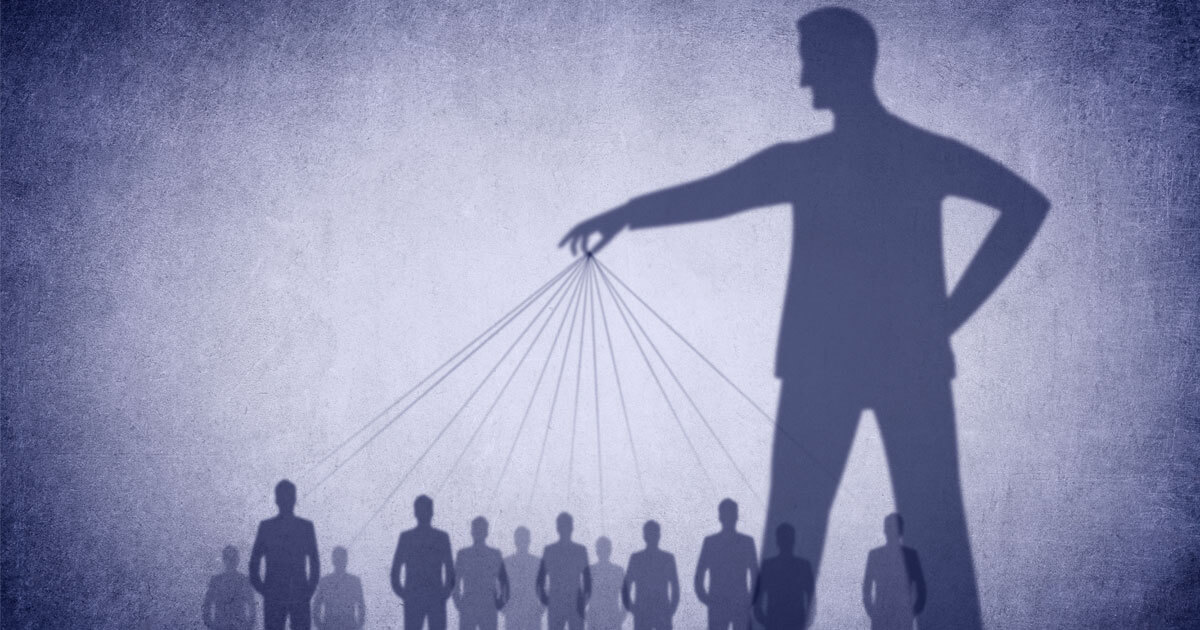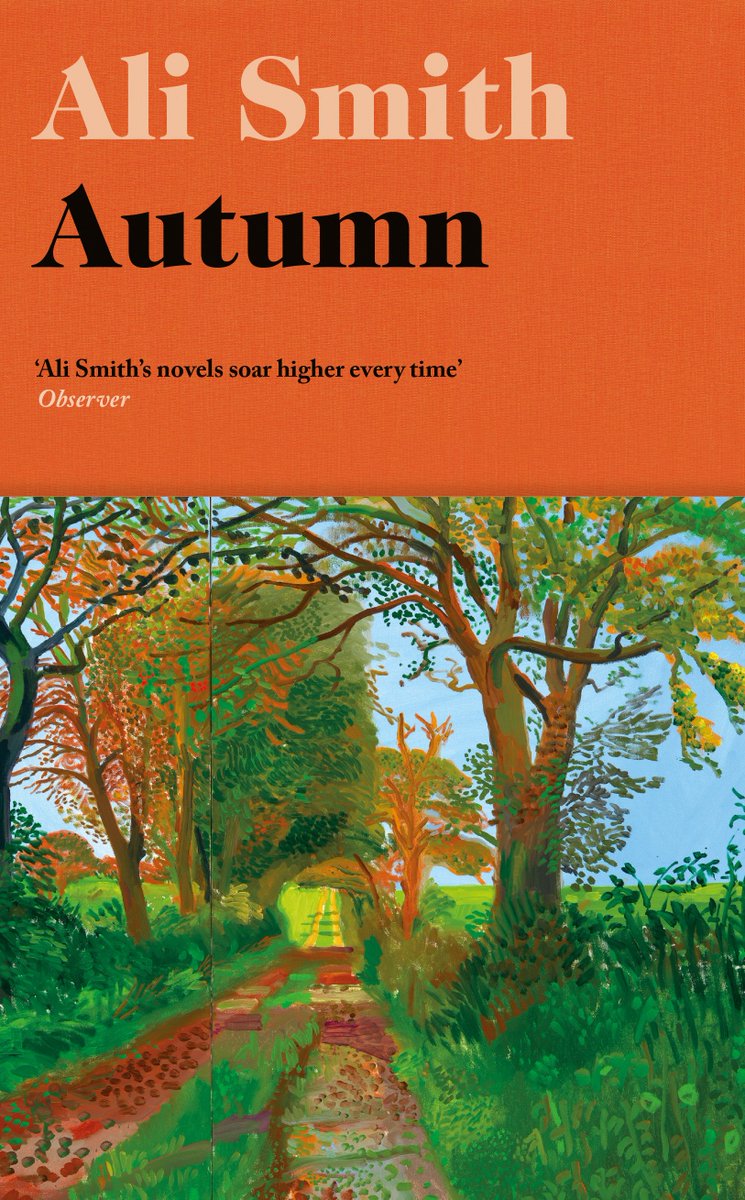The last book that John Le Carré
wrote is, perhaps unsurprisingly, a fast-paced action with a clear story and credible
characters. Themes of espionage, defection and loyalty may have seemed passé,
but nationalism and protectionism are once again current: the old enemy is
back, reinvented as the new enemy and we may need to defend our nation and
concepts of freedom and democracy all over again from plutocrats like Putin.
The novel is crammed full of code names and secret spy business, played out
against a backdrop of Brexit, Trump and greedy oligarchs in a contemporary
environment.
Nat is a forty-seven-year-old
veteran of Britain’s Secret Intelligence Service who plays badminton and lives a
pleasant and seemingly settled life in London with his wife, Prue, who does pro
bono legal work for worthy causes. He is somehow manoeuvred into playing
badminton at his exclusive private club against a young upstart, Edward
Shannon, who has ideas, and he is not afraid to expound them. With an older
mentor’s indulgent attitude, Nat finds himself looking forward to these
meetings, although the book is written in retrospect as he reflects upon them.
The premise is that Trump has
helped to engineer Brexit so that Britain has to rely on Russia for financial
and political assistance, which is obviously going to be grubby, and be
beholden to the USA once again. Tellingly, Trump does Putin’s dirty work for
him: “pisses on European unity, pisses on human rights, pisses on NATO. Assures
us that Crimea and Ukraine belong to the Holy Russian Empire, the Middle East
belongs to the Jews and the Saudis, and to hell with the world order.”
There may possibly be “an
Anglo-American covert operation already in the planning stage with the dual aim
of undermining the social democratic institutions of the European Union and
dismantling our international trading tariffs.” This operation will also “disseminate
fake news on a large scale in order to aggravate existing differences between
member states of the Union.” One former spy is horrified to think that he
risked his life to see the Great British Empire, liberal conscience and
Christian values replaced by “a cartload of hypocritical horseshit”. In present
circumstances, division and in-fighting will not be difficult to engineer.
The language of spies follows
form: a newspaper in which hand determines whether it is safe to talk or not;
letters written suggest the opposite of what is declared. There is, however, a
refreshing respect for women, which is often absent from male hard-boiled
thrillers. The novel is elevated by its use of witty and decisive one-liners to
describe characters and actions. For example, one high-ranking official has a
“cheery port-and-pheasant voice”, while another “doesn’t do confrontation,
which is something we both know. His life is a sideways advance between things
he can’t face.”



